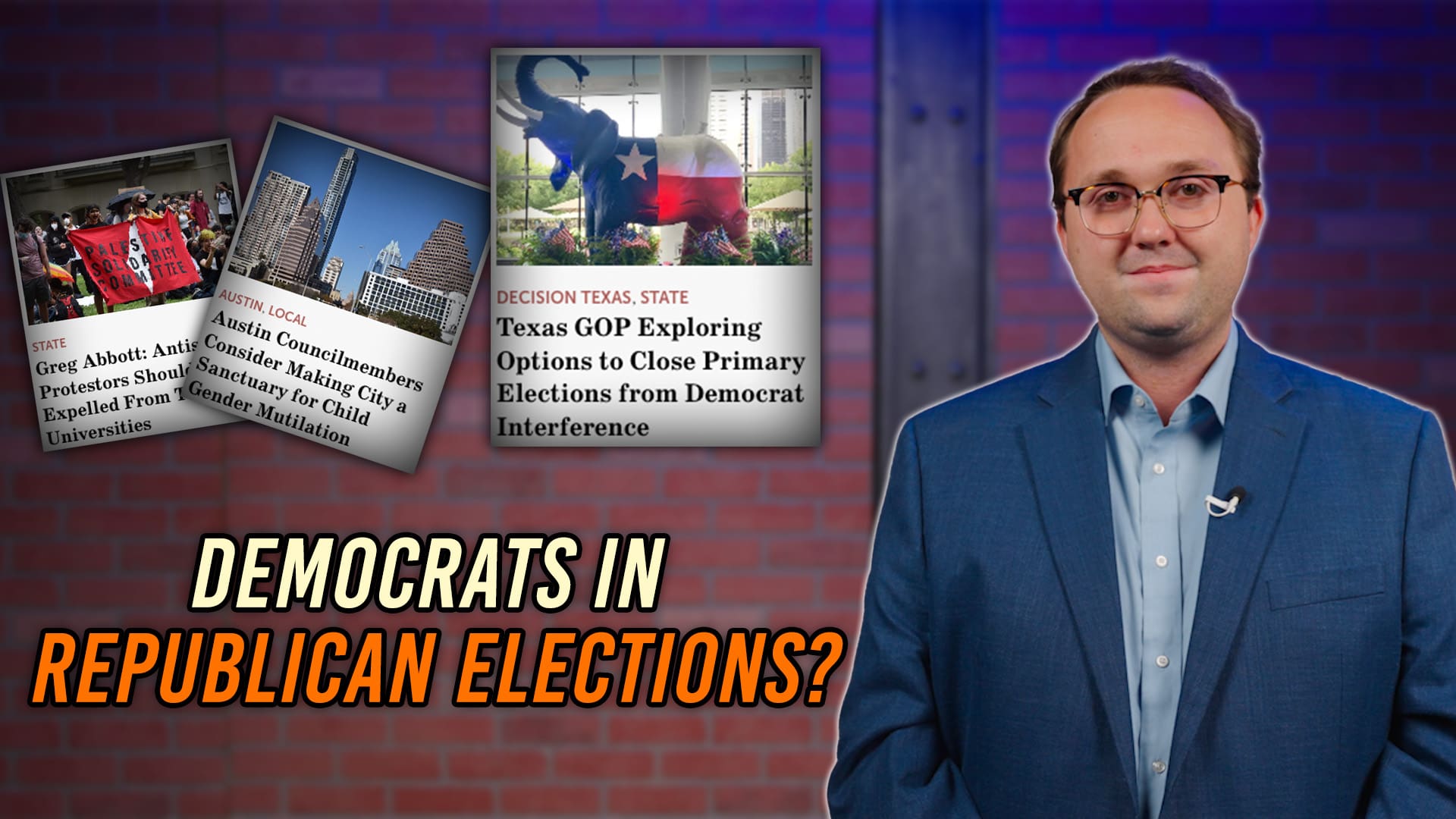While reformers fight to limit union collusion in Texas, cities and pro-union politicians such as Speaker Joe Straus are siding with union bureaucrats. The two most egregious union activities are the sharing of government-employee’s private information and their use of taxpayer resources to collect union-member dues.
Data sharing requirements are an all too common occurrence in contract negotiations. These requirements contractually obligate a city or other governmental entity to provide public-employee unions with a complete list of all employees’ (both union and nonunion) private contact information.
The only reason for unions to require the personal information of non-union employees is for unsolicited recruitment purposes. Since growing membership and collecting dues is their livelihood, union bosses will stop at nothing to recruit new members.
In right-to-work states the decision to join is still voluntary, but the union now has access to employee contact information, including home and work addresses—making the employee an easy target. Unions utilize this employee information to ‘encourage’ unionization—and have been known to coerce, intimidate, and even resort to violence against dissenters when organizing employees.
Another way that union growth is being assisted—this time at taxpayers’ expense—is in the collection of union dues. Governments use taxpayer resources to automatically deduct dues from their workers’ paychecks and transfer them to unions. Unions then use these funds largely for their own political purposes.
In the last three Texas election cycles over 98 percent of SEIU donations and 99 percent of AFSCME donations went to Democrats. Of course, that’s to be expected—but what’s interesting is that Straus and his right hand man State Rep. Charlie Geren (R-Fort Worth) were among the top 5 beneficiaries of money from a donor block that gives almost exclusively to Democrats. Perhaps that explains why a paycheck protection bill (SB 1968) passed by the State Senate last session died in the House at the behest of the coalition government of liberal Republicans and Democrats.
Politicians are currently prohibited from using taxpayer resources for political purposes—why should they be allowed to aid unions in doing the same?
Cities should act as unbiased arbitrators in the employee-union negotiating process, only opining on what’s in the best interest of taxpayers. Unfortunately they do the exact opposite, as they are heavily influenced by their collusive relationship with their own employees’ union.
Through information sharing and union dues collecting, politicians are choosing to side with labor unions over taxpayers.
Local governments and the Texas legislature should pass a paycheck protection law forbidding the governments from collecting union dues, but they should also forbid governmental entities from sharing personal data of non-union employees with unions. Employees should feel confident that their private information is safe with their employer. As it stands; there is no expectation of privacy when unions are involved.




